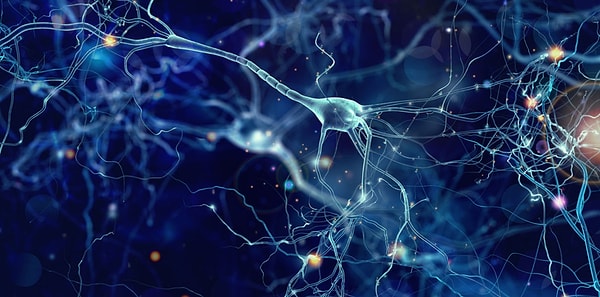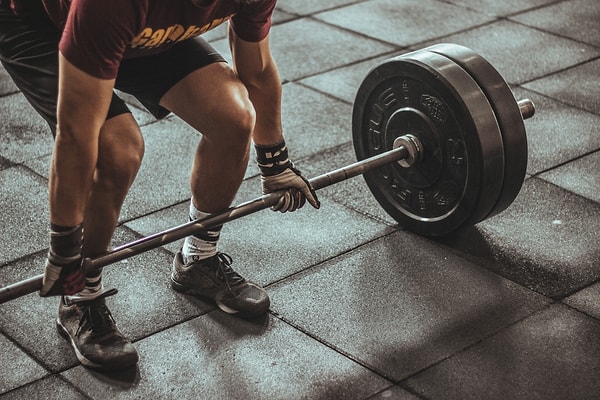Chinese Scientists Explain: 3 Exercises That Will Help Regrow Your Brain Cells
Over the past thirty years, the scientific community has gathered evidence suggesting that adults can generate new brain cells through a process known as hippocampal neurogenesis. The hippocampus, a central brain region crucial for learning, memory, emotion regulation, and spatial navigation, is recognized as the main hub for the production of new neurons in adults. Although physical exercise is believed to stimulate this neurogenesis, not all exercises have the same impact.
Here are the exercises that foster the growth of new brain cells 👇
Source: Science Direct
First and foremost, it's essential to understand how exercise contributes to the formation of new brain cells.

Exercise supports the survival and proliferation of neural precursor cells by increasing the levels of BDNF (Brain-Derived Neurotrophic Factor) and IGF1 (Insulin-Like Growth Factor 1). The increased blood flow enhances oxygen and nutrient distribution, providing a suitable environment for the growth of new neurons by reducing chronic inflammation and oxidative stress. So, which exercises are most beneficial for brain cells?
Workouts that combine cognitive and physical tasks enhance brain performance.

Dual-task walking refers to the simultaneous execution of a cognitive task while performing a walking or motor task. This could involve counting backwards while walking, or listing words in specific categories (such as animals, cities, etc.). A study conducted in 2020 revealed that individuals who engaged in both aerobic and cognitive training simultaneously demonstrated twice the cognitive performance improvement compared to those who only performed one of the tasks.
Resistance training not only strengthens the muscles, but also enhances the brain.

Resistance training aims to create adaptation, strengthening, and neuromuscular changes in the muscles by using weights, machines, body weight, or resistance bands. However, its impact is not limited to just the muscles; research indicates that resistance training directly supports brain health as well. Regular resistance exercises boost the production of neuroprotective factors in the brain, safeguarding the health of nerve cells, enhancing cognitive functions, and positively affecting memory and learning processes. Additionally, some studies suggest that such training can slow down age-related cognitive decline and optimize brain functions by reducing stress and inflammation.
Leg exercises provide systemic support for brain health.

The leg muscles constitute the largest muscle groups in the body. Engaging them triggers systemic changes that directly bolster brain health. Leg exercises such as walking, climbing stairs, cycling, or squatting activate large muscle masses, generate high cardiovascular demand, and spark systemic metabolic responses. Research indicates that leg exercises, particularly those requiring endurance, enhance cognitive functions in older adults over the long term.
Keşfet ile ziyaret ettiğin tüm kategorileri tek akışta gör!

Send Comment